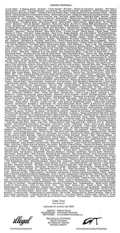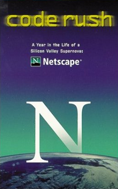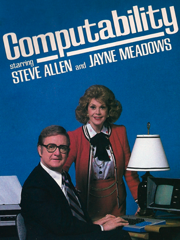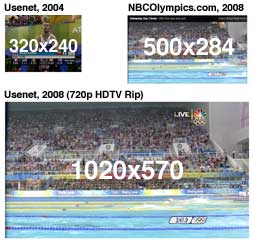Back in 2004, I wrote about how high-quality videos from the Olympics in Athens were being digitized and posted online, in defiance of the networks and the IOC’s rules.

At the time, NBC’s online coverage was restrictive by today’s standards — mostly highlight clips and no live video, delayed until after the events aired on TV, and required a valid credit card to verify residency in the United States.
But that was four years ago! YouTube hadn’t launched yet, HD-quality streaming video on Vimeo was three years away, and BitTorrent or HDTV were only popular with early adopters.
This year, it’s much improved, albeit with some caveats. NBC’s official video is great quality, if you and your computer can stomach Silverlight (unavailable on non-Intel Macs). Their coverage is fantastic, though still tape-delayed. And, because of IOC regulations forbidding international distribution, NBC won’t allow you to download, embed, or transcode any videos for your iPod or phone.
Is this availability enough to satiate the pirates, and what does the quality look like compared to 2004? I went poking through Usenet and some public and private BitTorrent trackers to see.
Usenet
Back in 2004, the place to go for illegal Olympic videos wasn’t BitTorrent, popular trackers like Suprnova, or mainstream P2P clients. The best coverage, surprisingly, was found in the old-school Usenet binaries. It was a mish-mash of events, skewed heavily towards events with bikini-clad women, Brazilians, or bikini-clad Brazilian women, but other popular events and the opening ceremonies also showed up.
Today, the event coverage in Usenet is just as sporadic, but the quality is dramatically better. Compare the three videos below. The first is a sample from the gymnastics high bar finals from the 2004 games, followed by the same footage of Michael Phelps’ win from Saturday’s 400m IM final, as seen on NBCOlympics.com and a 720p HDTV rip found in Usenet.
Sample Videos (right-click to download):
Here’s the full list of Olympics videos currently up on Usenet, as of this evening:
Olympic Games Opening Ceremony (720p)
Football – Group A – Ivory Coast vs. Argentina Extended Highlights
Football – Group B – Netherlands vs. Nigeria Extended Highlights
Football – Round 1 Highlights
Gymnastics – Men’s Qualifying – USA
Shooting – Women’s 10m Air Pistol Final
Swimming – Men’s 100m Backstroke Semifinals
Swimming – Men’s 100m Breaststroke Final
Swimming – Men’s 200m Freestyle Semifinals
Swimming – Men’s 400m Individual Medley (720p)
Swimming – Men’s 4x100m Freestyle Final
Swimming – Women’s 100m Backstroke Semifinals
Swimming – Women’s 100m Breaststroke Semifinals
Swimming – Women’s 100m Butterfly Final
Swimming – Women’s 400m Freestyle Final
Volleyball – Women’s Preliminaries – China vs. Switzerland
Most of these are in alt.binaries.tv, but some are also posted to alt.binaries.multimedia.sports. I’ll update this list at the end of next week.
BitTorrent
But the trend for this year is clear — Usenet passed the torch to BitTorrent.
A quick search on Mininova or BTJunkie returns a huge list of every video found on Usenet, plus dozens more and growing hourly. Beyond public trackers, I’ve seen extensive activity on several private communities. On one of them, its members compiled a list of every event and were slowly adding their own recordings to create a massive archive of Olympics video.
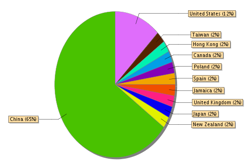
And this is only Day 4! It’ll be interesting to see how much of the Olympics was captured, digitized, and uploaded by the end of the games.
Also interesting: If this chart from Mark Ghuneim is accurate, the thirst for pirated Olympics coverage is greatest in China.

